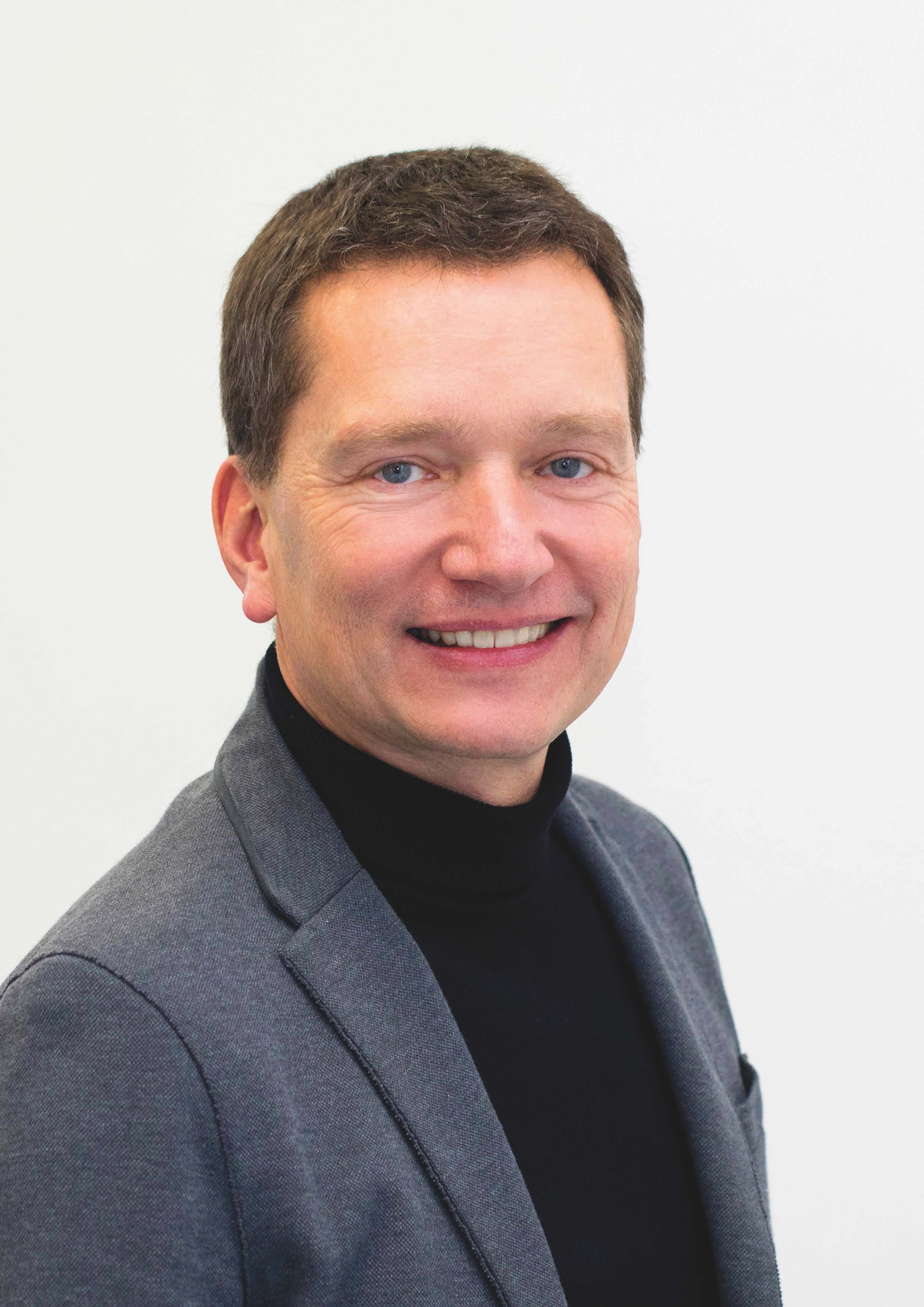MPM 7 - Overview
All therapeutics can trace their origins to basic discoveries in biology. This module will develop a rigorous understanding of how basic discoveries are translated into precision therapeutics that are administered to real patients. In addition, this module will examine the role of model systems in both basic research and clinical science, from the discovery viewpoint and the evaluation of treatment regimens respectively.
MPM 7 - Details
In Module 7, the goal is to orient ourselves in practical aspects of molecular precision medicine, both at the bench and in the clinic.
We will examine the value and utility of model systems in basic research into disease mechanisms as well as in the evaluation of therapeutic strategies, including patient-derived xenografts, mouse models, humanized mice, and organoids. We will learn how to stratify patients according to in vivo target expression as assessed by molecular imaging, including the concept of theranostics. Finally, we will develop a basic understanding of how to design and manufacture novel therapeutics, including immunotherapies, CAR-T cells, CRISPR gene editing vectors and radiotherapeutics, and we will learn how to determine pharmacokinetics with the help of radiopharmaceuticals.
We will learn about the basic requirements for a compound to start clinical development in trials and study clinical trial design, including basic statistical considerations, single-arm studies, multi-arm studies, randomization, basket trials, umbrella trials, and adaptive trial designs. We will examine the phases of clinical trials and learn how to interpret clinical trial results, including risk-benefit assessment and end-point assessments such as toxicity, response rate, progression-free survival, overall survival. Age and gender aspects will also be covered. Paradigmatic diseases previously used to illustrate disease mechanisms will also be used to illustrate the challenges of developing a drug that is both safe and efficacious.
Teaching faculty include basic research scientists from the Max Perutz Labs, the Medical University of Vienna Center for Cancer Research, and the University of Vienna Faculty of Pharmaceutical Sciences. Clinicians from the Medical University of Vienna and St. Anna Children’s Cancer Research Institute. Guest lecturers from Boehringer Ingelheim will complement the program with a pharmaceutical industry perspective.

